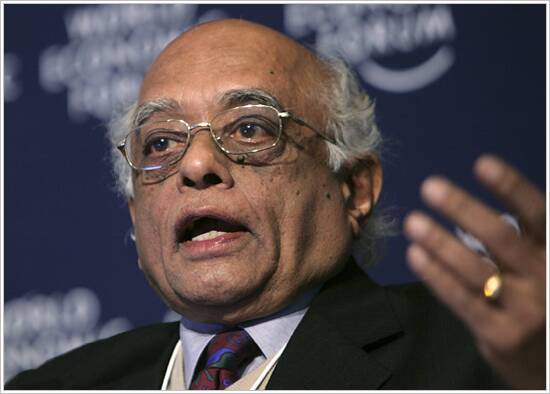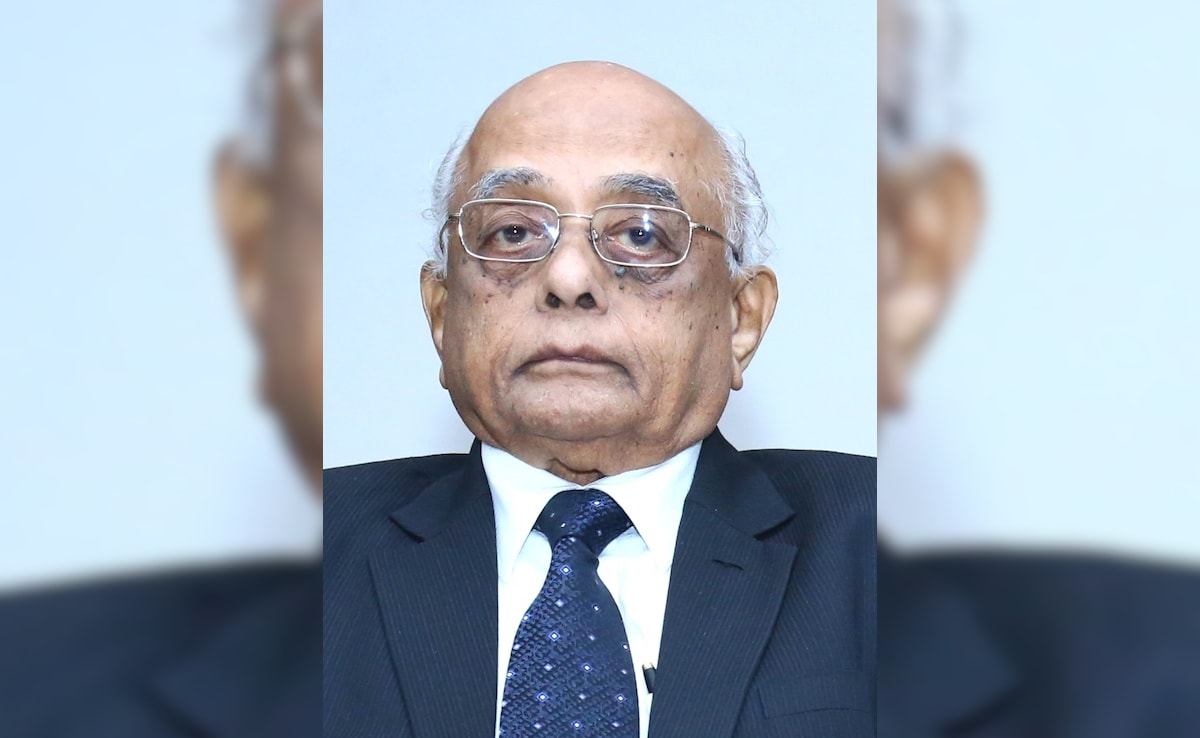

Eminent Indian nuclear physicist Dr. Rajagopala Chidambaram passed away on January 4, 2025, at the age of 88 in Mumbai.
Dr. Chidambaram was instrumental in India's nuclear weapons program, playing a pivotal role in both the 1974 Pokhran-I (Operation Smiling Buddha) and the 1998 Pokhran-II (Operation Shakti) nuclear tests.
Born on November 11, 1936, in Chennai, he completed his education at Presidency College and the Indian Institute of Science. His expertise spanned high-pressure physics, crystallography, and materials science. He was a strong advocate for self-reliance in technology. He joined the Bhabha Atomic Research Centre (BARC) in 1962, eventually becoming its director in 1990. In 1993, he was appointed chairman of the Atomic Energy Commission, serving until 2000.
Dr. Chidambaram also served as the Principal Scientific Adviser to the Government of India from 2002 to 2018, succeeding Dr. A.P.J. Abdul Kalam. During his tenure, he championed various scientific initiatives. His contributions to India's nuclear capabilities earned him several honors, including the Padma Shri in 1975 and the Padma Vibhushan in 1999.
His death has prompted tributes from leaders across India. Prime Minister Narendra Modi expressed his condolences, acknowledging Chidambaram's contributions to India's nuclear capabilities and strategic strength.
For more information, you can watch the following video:
References:
 Wikimedia Foundation, Inc.Contributors to Wikimedia projects
Wikimedia Foundation, Inc.Contributors to Wikimedia projects
 Times Of IndiaLaxman
Times Of IndiaLaxman
 NDTV
NDTV
Hindustan Times: https://www.hindustantimes.com/cities/mumbai-news/dr-rajagopala-chidambaram-architect-of-india-s-nuclear-programme-dies-at-88-101735982865789.html